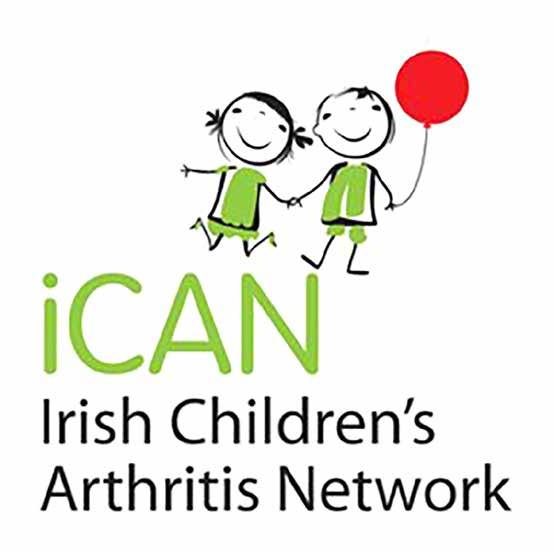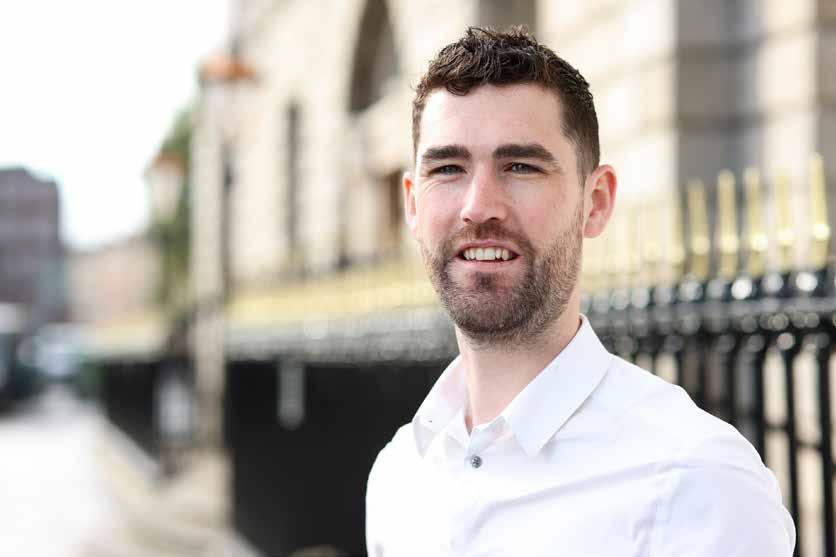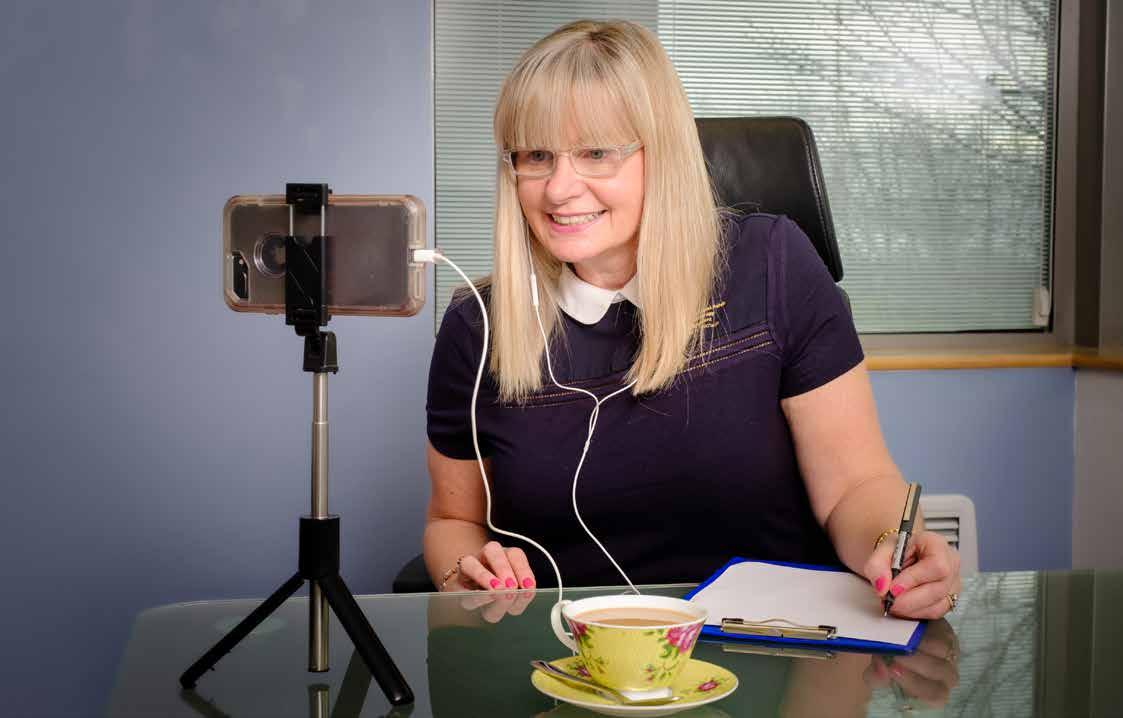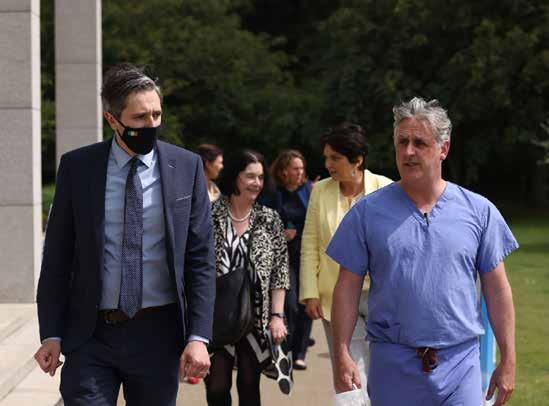26 Juvenile Arthritis
Transitioning – Part of the JIA Journey Cal have both used our workshops and now are mentors guiding families through this process.” Below, they share their personal journeys. For any more information contact iCAN on 0868289817 or email icanireland@gmail.com Niamh Costello My experience of life with Juvenile Idiopathic Arthritis and transitioning from paediatric care to adult services– Niamh Costello, 22
The Irish Childrens Arthritis Network, also known as iCAN, is working to get children in Ireland better access to rheumatological. Currently, Ireland is at the bottom of the EU for paediatric rheumatological care. Over one thousand children and teens in Ireland are diagnosed with JIA, with numbers growing daily. iCAN offers help through our online support network, family days out and information days.
Idiopathic Arthritis. As part of our support to families we run workshops on transitioning from paediatric services to adult. Our focus is to prepare families for this important move. “Our expert speakers include clinicians, nurses, young people and parents. No one size fits all but we can work with each family individually in conjunction with their rheumatology teams. Niamh and
Wendy Costello is Chairperson of iCAN. She tells us, “Transition is a part of the JIA journey that is sometimes forgotten as the race to find remission is focused on. “The young patient needs to be making the decisions in conjunction with their rheumatology team. Self management skills are so important and together as a family and rheumatology team these can start as early as 11yrs of age. By the time transition to your new team comes you are ready for that leap. “We need to put more time, research and education into this vital period of a young patients life. Leaving the paediatric setting of Crumlin or Temple St and heading to local adult services is daunting for a 16yr old. We in iCAN want to help smooth that journey. “iCAN support, advocate for and raise awareness of Juvenile
FEBRUARY 2022 • HPN | HOSPITALPROFESSIONALNEWS.IE
My name is Niamh Costello. I am 22 years old and I was diagnosed with Juvenile Idiopathic Arthritis when I was 3. I sometimes think that being diagnosed at such a young age was a blessing in disguise, as I have grown up with JIA. It has been a part of my life for as long as I can remember and it will always be this crutch that I have to carry. Because of this, I have had to adapt my life to suit my needs and also learn to know my limits. Whereas I know lots of young people who lived a healthy, sporty and energetic lifestyle until they suddenly got diagnosed in their teenage years. This must be hard to accept as their lives have now become completely different. I also count my blessings that I don’t remember much of my diagnosis, as I was so young. My poor parents had to take the brunt of it. They tell me that one morning I crawled into their bedroom on my hands and knees screaming that I couldn’t walk with the pain in my knee. They looked down to see my whole left leg swollen up like a
balloon. My knee was red and hot to touch and I was clearly in a lot of pain as they couldn’t stop me crying. They brought me straight to my GP who brushed it off as a virus or growing pains. I soon turned from this happy, energetic 3 year old to a whiney, tiresome one who had to be carried everywhere. This persisted for a number of weeks until my parents brought me back up to the GP as they knew it clearly wasn’t a virus. I was admitted to hospital with a rash and a temperature and this swollen knee that was getting bigger by the day. Lots of tests and scans were done and one day, a doctor who had done some of his training under Paediatric Rheumatology, recognised my symptoms and referred me straight to Our Lady’s Children’s Hospital in Crumlin, Dublin. That is where my lifelong journey of JIA began. I was diagnosed a couple of weeks later and was put on a high course of steroids. At the time there was no paediatric rheumatologist in Ireland so little was known about JIA and its prognosis. It was going to be a case of trial and error with my treatment. The oral steroids didn’t work so I was given a steroid injection directly into the knee joint and the fluid was drained. And believe it or not that was it for 4 years! I went into remission and I thought I would never have to see a hospital again. Unfortunately I was wrong. When I was 7, the trips to hospitals started again and this time I wouldn’t get a 4 year break.









